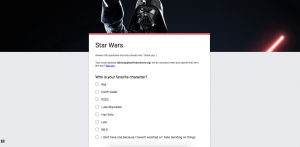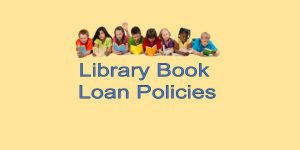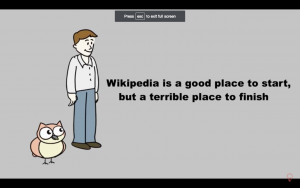“Survey research is often used to assess thoughts, opinions, and feelings. Surveys can be specific and limited, or they can have more global, widespread goals. … A good sample selection is key as it allows one to generalize the findings from the sample to the population, which is the whole purpose of survey research.” (Wikipedia)
Grade 6 students have been creating and taking surveys with their classmates using Google Forms and Google Classroom.

Star Wars Survey by Madeleine Payne, Ms. Stewart’s class

Once the surveys were taken, and students received the results, each student analyzed the results of his/her survey using Google Sheets.
Students asked the following questions in their analysis.
“Did my survey give the results I had expected when I created the survey?”
“What would I do differently with my survey now that I have seen the results?”
“How could I “tweak” the survey to get different results?”
Students then revised their surveys for their classmates to retake and noted both the difference in the results and their explanation for the difference.
Massachusetts School Library Standards
|
|
Use appropriate medium to produce an original product to communicate research results.
|
7.9 Review and evaluate the process of transforming information into knowledge.















 From a
From a